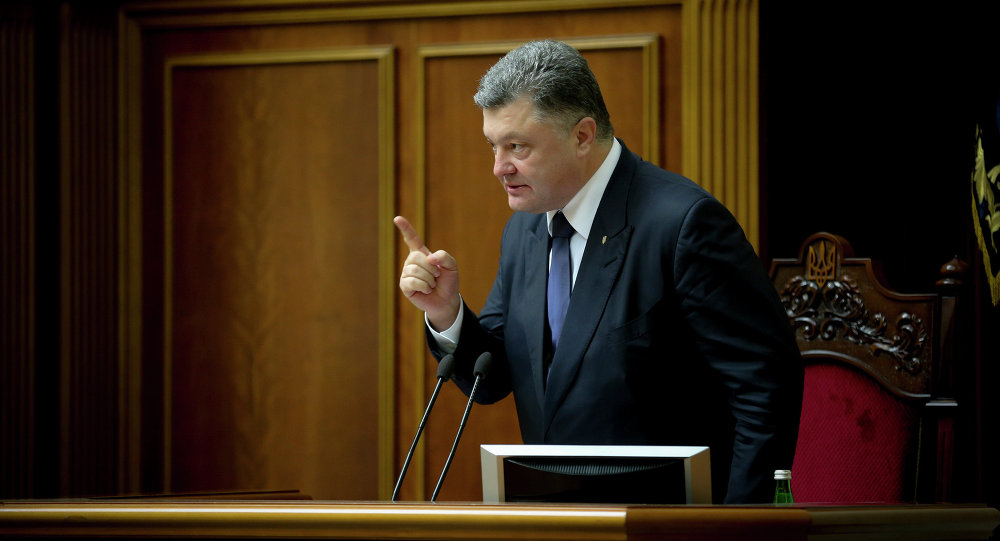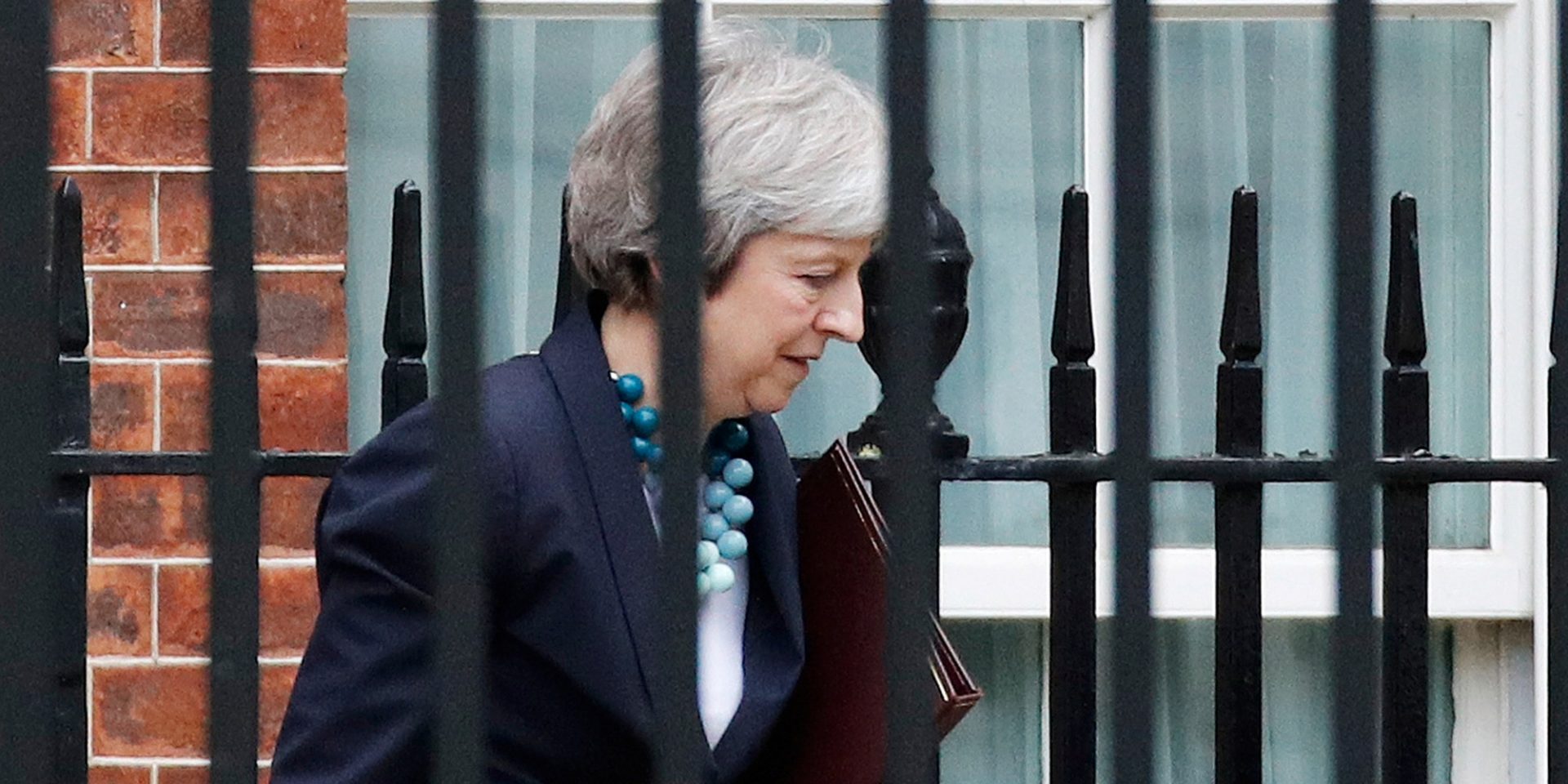
A new poll released this morning shows that while Poles still strongly back EU membership, they also want to see border controls reinstated within the Schengen area. Open Europe’s Pawel Swidlicki looks at why this sentiment is particularly strong among younger voters, and what the implications of this are.
Poles strongly back EU membership but sceptical of Schengen
Poles remain strongly in favour of EU membership – a new IBRiS poll out today for Rzeczpospolita finds that 88% back continued membership while only 7% want to leave. However, the poll also contains other highly interesting and unexpected findings about Poles’ attitudes to the EU.
Firstly, amid the backdrop of the ongoing refugee and migration crisis and the terror attacks in Paris and Brussels, 50% of Poles want to see internal border controls reinstated within the EU compared with 47% who want to maintain open borders. The flipside of this support for the reintroduction of border controls is high opposition to Poland taking in refugees – 70% say Poland should not take in refugees compared to 24% who say it should.
Although the poll does not specify whether such a restoration of border controls would be temporary or permanent (a key point), this is nonetheless a striking finding as the absence of border controls is a totemic EU policy, often cited as one of the most popular and successful manifestations of European integration. We would also expect that support for maintaining Schengen to be higher in Central and Eastern Europe, where people remember being trapped behind the Iron Curtain and denied the freedom of travel Western Europeans took for granted.
This poll demonstrates that Poles consider the central question of EU membership separately to questions about Schengen and about Euro membership (which other polls have found Poles are strongly opposed to at the moment). This in turn suggests there is support among the public at least for a more tailored relationship which maximises the benefits of membership while maintaining autonomy in other areas.
Young voters particularly sceptical of Schengen and more open to idea of Poland leaving EU
Secondly, this scepticism is particularly prevalent among young voters – in the 18-24 age group for example, support for renewed border controls stands at a huge 80%. Again, this is somewhat counter-intuitive as young people are traditionally seen as being liberal-minded, at ease with the EU and better placed to take advantage of things like free movement.

Looking at the age group breakdown on the question of EU membership per se, again we see (the very limited) support for leaving is concentrated among younger voters – at 13% it is highest in the 24-35 age group, still relatively low of course but nearly double the national average. This is the reverse of the situation in the UK where young people are more likely to support EU membership.

Why is this the case and what does it mean?
The polling does not drill deeper into why young voters appear to be more sceptical about the EU, but in my view, this is linked to wider disillusionment and pessimism among young Poles as to their social and economic opportunities in Poland. Despite sustained economic growth and relatively low unemployment, many young Poles feel that politicians have not made good on their promises of higher living standards, and that their only option is to emigrate. It is this sense of disillusionment that gave Law and Justice (PiS) their electoral victories over Civic Platform last year. Although most voters in the 18-29 age group voted for PiS, 19.9% voted for the populist/nationalist Kukiz Movement and 16.8% voted for the libertarian/populist KORWiN party.
Polish 2015 parliamentary election result (voters aged 18-29)

It is worth pointing out that set against these two parties, PiS is pro-EU by comparison. The Kukiz Movement strongly opposes many of the EU’s policies – particularly economically liberal policies and its handling of the refugee and migration crisis – while KORWiN is outright anti-EU. It seems a reasonable conclusion that due to their perceived lack of economic security, many Poles are turning inward to (superficially) reassuring nationalist and populist messages, a trend witnessed across much of the Western world of late.
As the poll demonstrates, the vast majority of young Poles have not yet turned against the EU per se. However, with the EU set to become a more polarising issue in Polish domestic politics in the near future (in view of the government’s stand-off with the Commission over its battle with the country’s Constitutional Tribunal and the ongoing controversy over refugees) clearly there is potential for parties critical of the EU to win new recruits over to their side.
- This article first appeared on Open Europe



